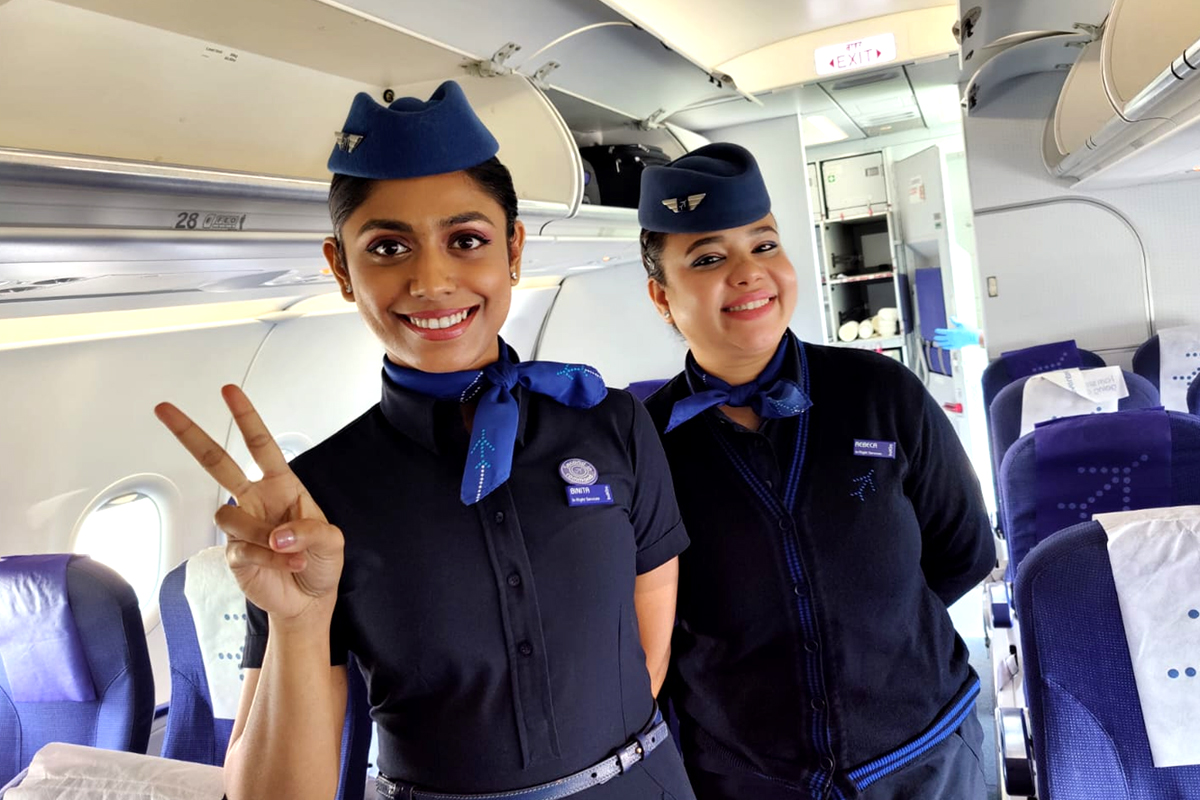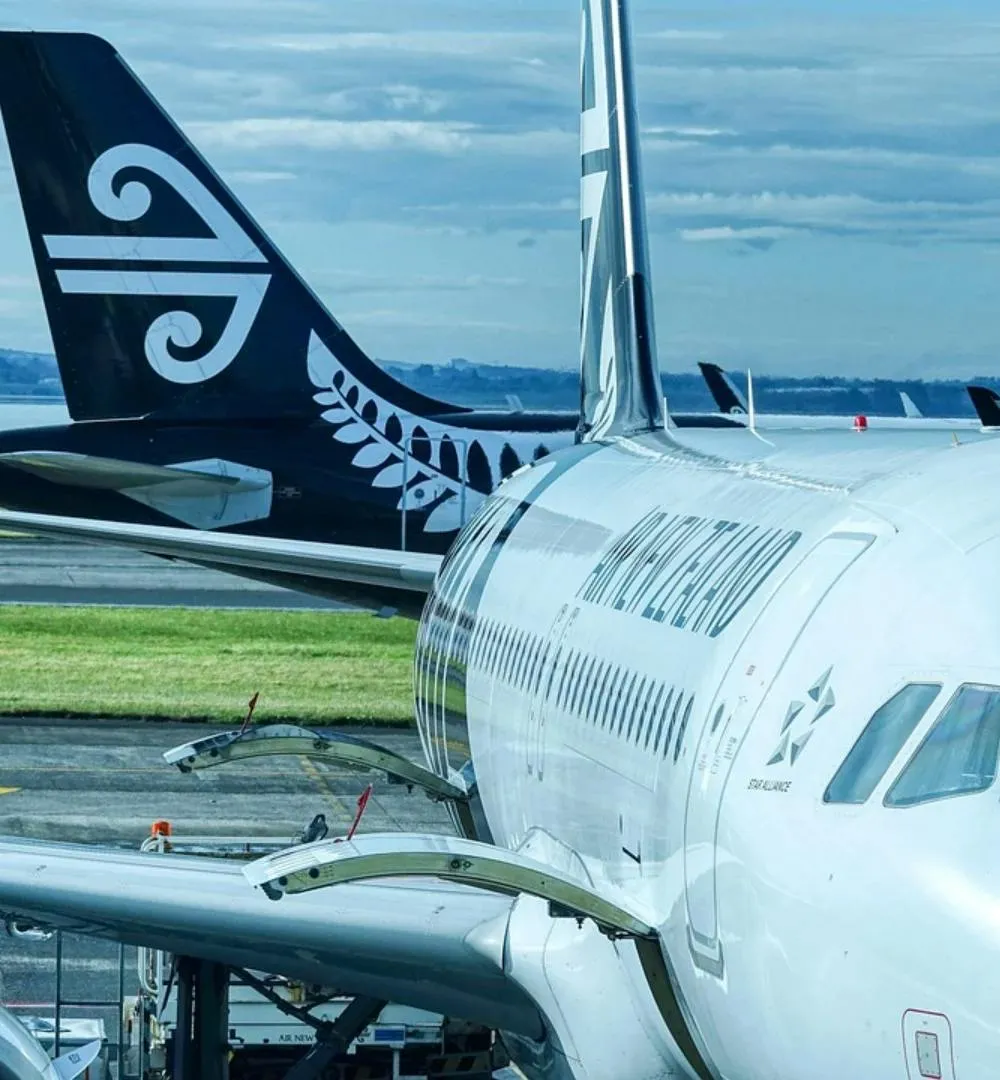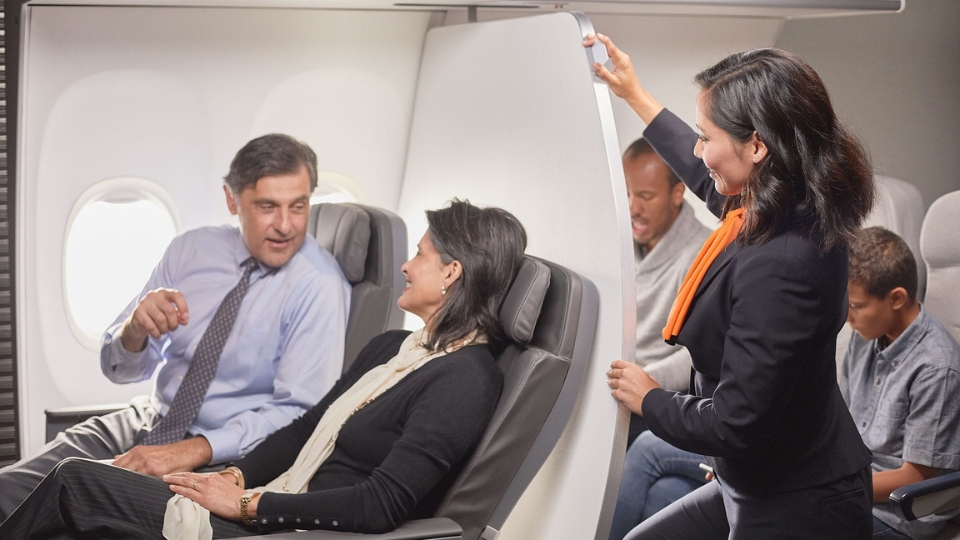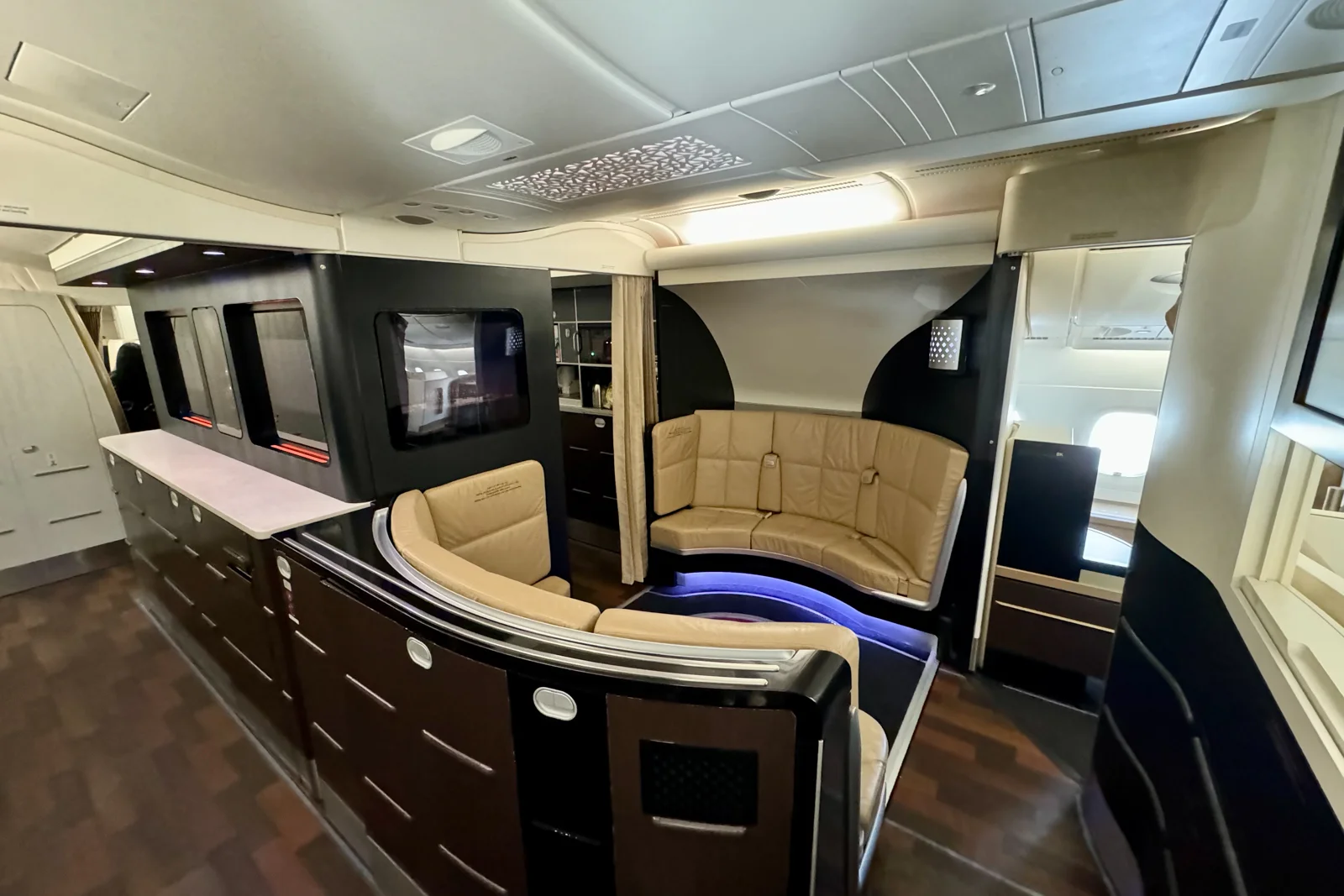Passenger complaints are inevitable in the aviation industry. Delays, lost luggage, seating issues, or service concerns can lead to dissatisfaction. How airlines handle these complaints directly impacts their reputation, customer loyalty, and overall passenger experience. Professional management of complaints is crucial for maintaining trust and ensuring passengers feel valued.
Understanding the Importance of Complaint Management
Effective complaint handling helps airlines identify areas for improvement. Complaints provide insight into service gaps, operational inefficiencies, or communication problems.
Addressing complaints professionally demonstrates a commitment to passenger satisfaction. It also helps prevent negative reviews from spreading on social media or review platforms, which can harm the airline’s reputation.
Training Staff in Complaint Handling
Airline staff receive specialized training to manage complaints calmly and efficiently. Training focuses on active listening, empathy, problem-solving, and communication skills.
Well-trained staff can understand the passenger’s perspective, explain policies clearly, and offer practical solutions. This approach turns potentially negative experiences into opportunities to build trust and loyalty.
Responding Promptly and Effectively
Timely responses are key to professional complaint handling. Airlines often use multiple channels, including email, social media, mobile apps, and customer service desks, to receive and address complaints.
A quick response reassures passengers that their concerns are taken seriously. Offering practical solutions, such as rebooking, refunds, or compensation, resolves issues and improves passenger satisfaction.
Maintaining Professionalism
Staff must remain calm, respectful, and courteous even when dealing with difficult passengers. Maintaining professionalism prevents conflicts from escalating and ensures interactions remain constructive.
Documentation of complaints and resolutions also ensures accountability and helps the airline analyze patterns for continuous improvement.
Using Technology to Manage Complaints
Many airlines use customer relationship management (CRM) systems to track complaints, resolutions, and follow-ups. These platforms help airlines identify recurring issues, measure response times, and evaluate the effectiveness of solutions.
Automated tools also allow passengers to report issues quickly, while analytics provide insights into trends and operational improvements.
Learning from Feedback
Complaints provide valuable feedback that airlines can use to enhance operations. For example, repeated luggage issues may indicate a need to improve baggage handling systems. Recurring seating complaints may prompt cabin adjustments or policy changes.
By acting on feedback, airlines not only resolve individual complaints but also prevent similar issues for future passengers.

Handling Passenger Complaints with Professionalism
Building Customer Trust and Loyalty
Handling complaints professionally strengthens passenger trust and loyalty. When passengers feel heard and see their concerns addressed, they are more likely to fly with the airline again. Positive resolutions can even turn dissatisfied customers into brand advocates.
Conclusion
Professional handling of passenger complaints is essential for airlines. By training staff, responding promptly, maintaining professionalism, using technology, and learning from feedback, airlines can resolve issues effectively. This approach enhances customer satisfaction, builds trust, and improves overall passenger experience, ensuring long-term success in the competitive aviation industry.















